At Neuroversity, we believe every child deserves a space where their individuality is honored and their strengths can shine. Our Grow & Relate program is built around five Core Areas of Support, each designed to nurture emotional, social, and developmental growth while affirming neurodiverse identities.
Children learn how to understand their own thoughts, feelings, and reactions in a safe, supportive space. Our coaching equips them with strategies for:
Why it matters: This area supports executive functioning, helping children gain confidence in navigating both everyday routines and new situations.
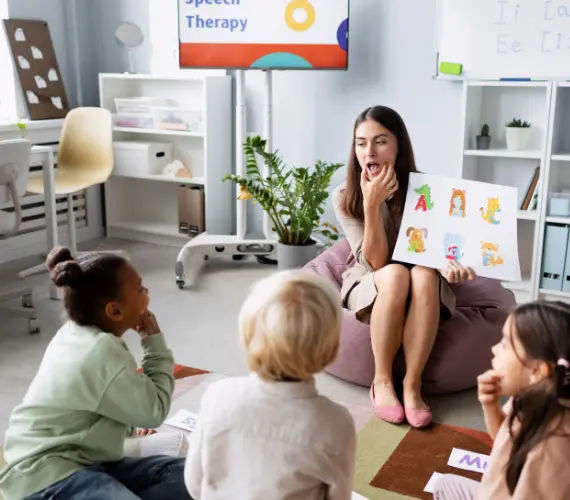
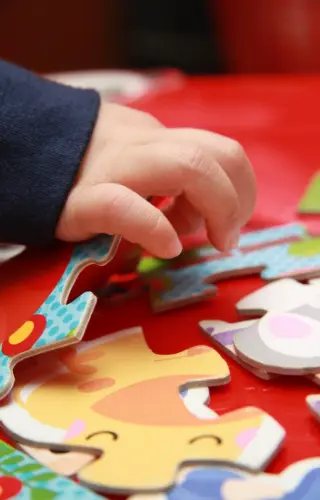
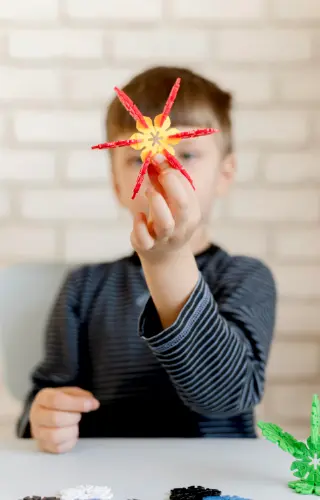
Play is a child’s natural language. Through storytelling, pretend play, art, and role-play, children can explore feelings and social relationships in a creative way. Activities focus on:
Why it matters: For neurodivergent children, symbolic play can open doors to communication and deepen understanding of the world around them.
We teach children techniques to find calm and balance in their daily lives. Activities include:
Why it matters: Mindfulness empowers children to respond instead of react, building self-awareness and reducing stress.
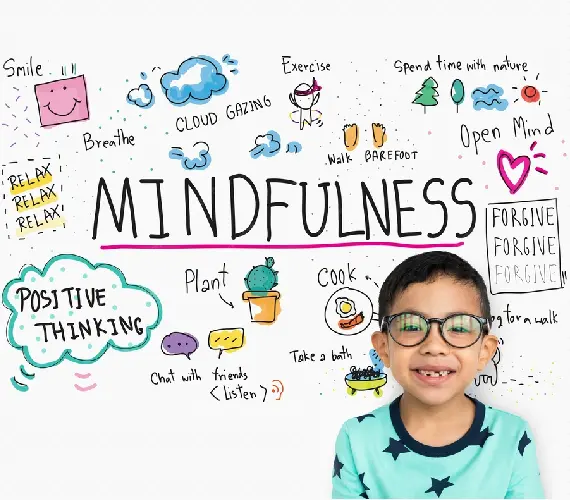
Through art, music, movement, and tactile exploration, children learn new ways to express themselves and regulate their emotions. Sessions include:
Why it matters: Creative arts help children channel emotions into expression, improve sensory integration, and build confidence.

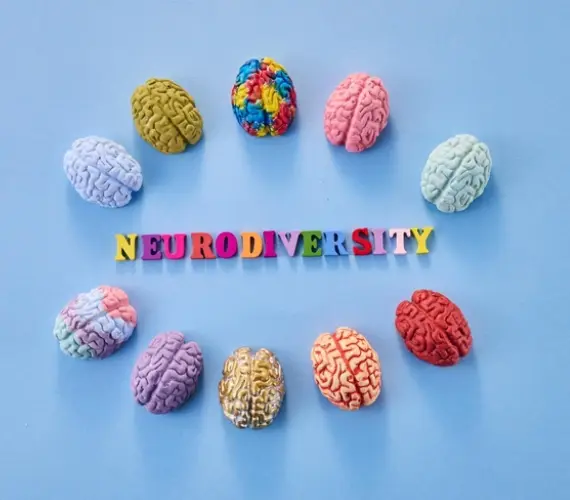
Each Core Area interconnects to create a holistic pathway where children not only learn skills, but also discover their own strengths and identities. Families are included every step of the way, ensuring progress at the center extends into the home and community.
Building Social Fluency
Relationships thrive on practice and guidance. Our social fluency groups focus on:
Why it matters: Children develop the tools to connect with peers, form friendships, and feel a sense of belonging in group settings.